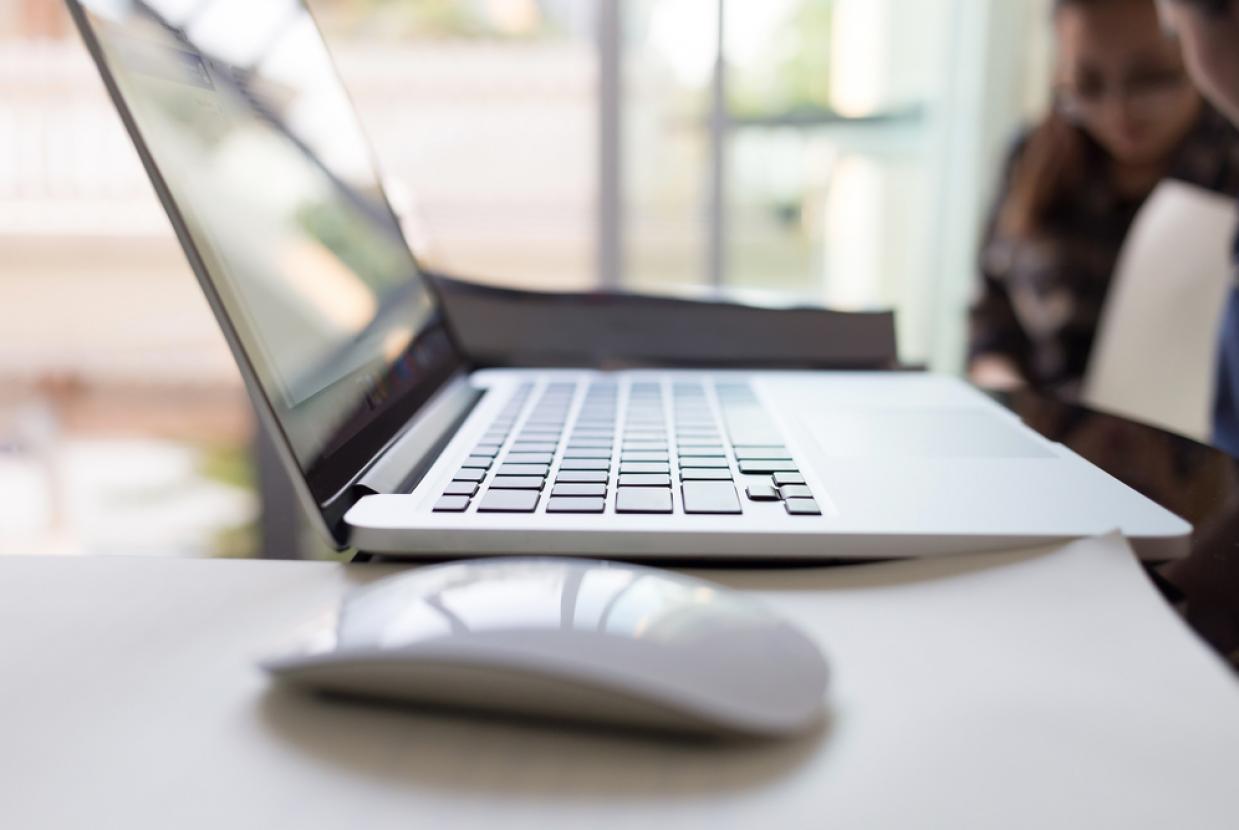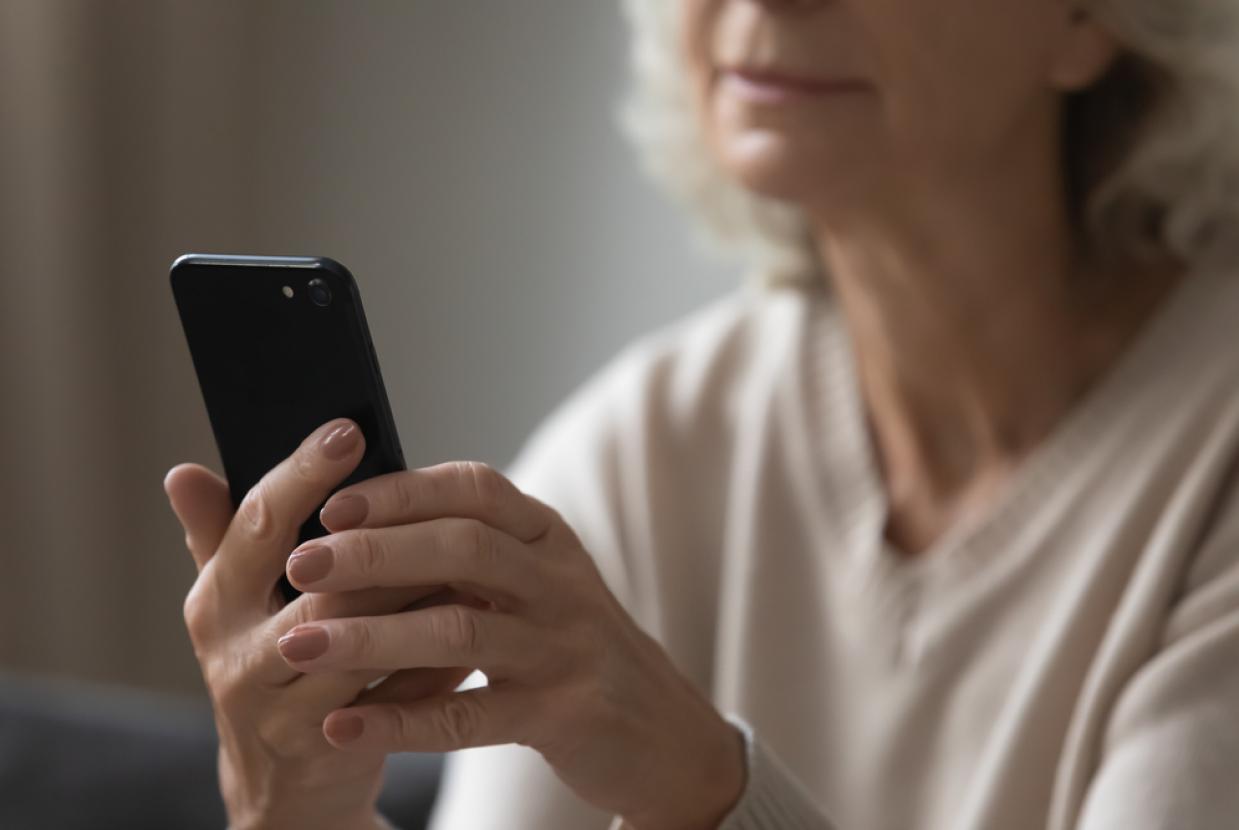Diabetic Eye Screening
Diabetic eye screening is a test that looks for an eye condition called diabetic retinopathy that can be caused by diabetes.
Why diabetic screening is done
If you have diabetes you may be at risk of developing an eye condition called diabetic retinopathy. Diabetic retinopathy can cause sight loss if it's not treated.
Diabetic eye screening checks for signs of diabetic retinopathy, often before you notice any changes in your sight.
Finding and treating it early can prevent or reduce damage to your eyes and sight loss.
Regular eye tests
Diabetic eye screening is not the same as a regular eye test with an optician. Having regular eye tests is important to check for other conditions.
Who diabetic eye screening is for
If you have diabetes and you're aged 12 or over, you'll get a letter every 1 or 2 years asking you to have diabetic eye screening.
If you have gestational diabetes, which is often a temporary condition, you will not be invited for diabetic eye screening.
How to get diabetic eye screening
You’ll usually get a letter through the post inviting you for diabetic eye screening. The letter may give you a pre-booked appointment or tell you how to book the appointment yourself.
You may be offered a choice of when and where you can get the screening test.
You’ll usually be invited for diabetic eye screening when you’re diagnosed with diabetes, every year after, or every 2 years if your last 2 tests found no changes in your eyes.
Your invitation letter will tell you how to change or cancel an appointment if you cannot attend.
If you think you're due to go for diabetic eye screening and you’ve not had a letter in the post, contact either:
- your GP practice
- your local eye screening service
Find your local diabetic eye screening service
Diabetic eye screening is an important part of your diabetes care. Screening is the best way to find diabetic retinopathy early, which can prevent or reduce damage to your eyes and sight loss.
It’s your choice if you want to have diabetic eye screening. If you do not want to have diabetic eye screening, you can ask not to be invited for up to 3 years by writing to your local diabetic eye screening programme. After 3 years, they will contact you to see if your circumstances have changed and if you now want to attend screening again.
Preparing for diabetic eye screening
Your sight may be blurry for a few hours after diabetic eye screening because of the drops that will be put in your eyes. This means you will not be able to drive after the test so it’s important to plan how you will get to and from the test.
You may want to ask someone to come to your appointment with you or ask them to collect you afterwards.
If you wear glasses or contact lenses, bring them with any lens solution, if you need it.
You may also want to bring sunglasses as everything may look bright for a few hours after the test.
What happens during diabetic eye screening
Your diabetic eye screening appointment will last around 30 minutes.
- You'll be asked to read some letters on a chart.
- Eye drops will usually be put in your eyes to make your pupils larger. These may sting briefly and make your sight blurry.
- When the drops start working, you'll be asked to look into a camera.
- Photographs will be taken of the back of your eyes. There will be a flash when a picture is taken.
You can go home when the test is finished. You will not get your test result on the day.
Results of diabetic eye screening
You'll get a letter telling you the results of your diabetic eye screening, usually within 3 weeks of the test. The photographs of your eye need to be looked at by an expert.
Your result letter should tell you what your result means, and what happens next.
Sometimes you may be asked to do the test again if the images were not clear enough to get a result.
Talk to your GP surgery or diabetic eye screening service if you do not get your result letter within 3 weeks.
There are 3 possible results.
Diabetic eye screening results and what they mean | ||
Result | What it means | What happens next |
Result No eye changes (no retinopathy) | What it means No changes were found in your eyes. | What happens next You'll be asked to have your screening test in around 1 to 2 years. |
Result Some changes to one or both eyes (background retinopathy) | What it means Diabetes has caused some small changes to your eyes, but your sight may not be affected currently. | What happens next You'll be invited for screening again in 1 year or earlier. |
Result Eye damage that could affect your sight (referable retinopathy) | What it means Diabetes has damaged your eyes and your sight could be affected. Your letter will explain this in more detail. | What happens next You'll be referred to a specialist to talk about what happens next. You may need more tests or treatment for diabetic retinopathy. |












































